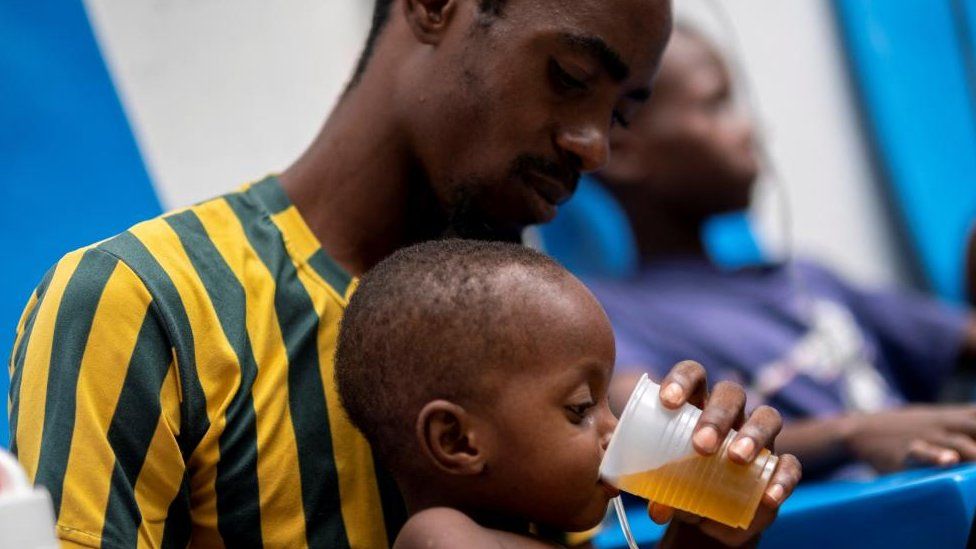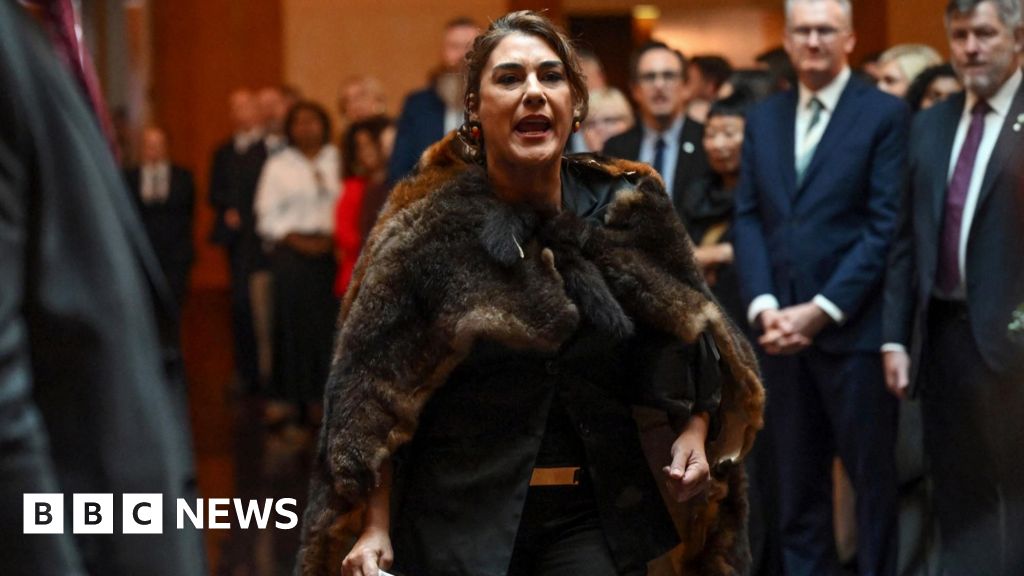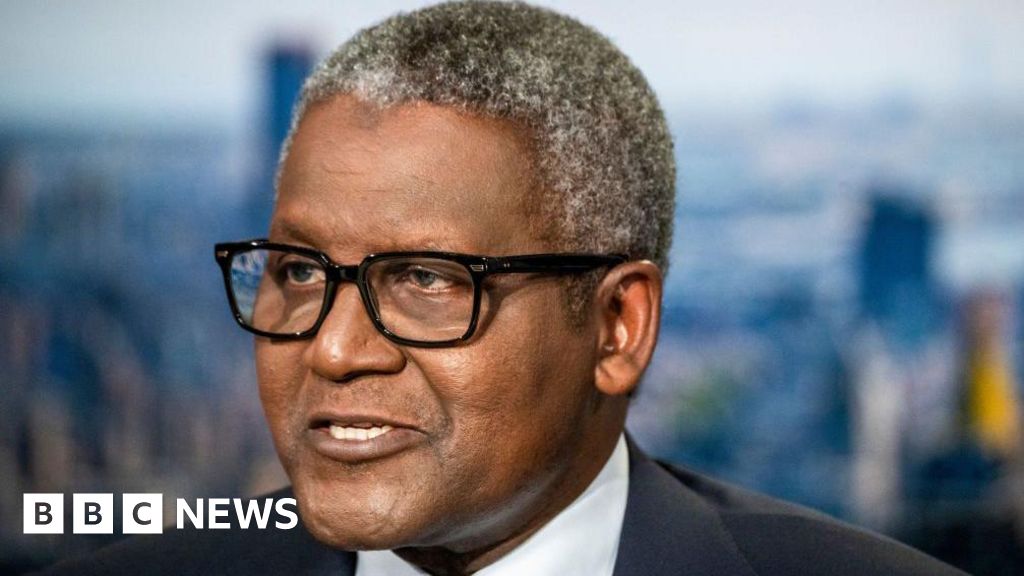ARTICLE AD BOX
 Image source, Reuters
Image source, Reuters
there are now more than 700 confirmed cases of cholera in Haiti
By Vanessa Buschschlüter
BBC News
Haiti's cholera outbreak is worsening, with confirmed cases jumping to more than 700 and cholera-related deaths to 161, the Pan-American Health Organisation (PAHO) says.
Health officials are investigating a further 7,000 suspected cases.
PAHO head Carissa Etienne said half a million people were at risk of contracting cholera.
The United Nations has appealed for nearly $150m (£127m) to help contain the spread of the disease.
The current outbreak started at the beginning of October, when two cases were confirmed in the greater Port-au-Prince area. Before those two cases, there had not been any for more than three years.
Haiti had been cholera-free until 2010, when an outbreak spread from leaking sewage pipes from a United Nations base housing Nepalese peacekeepers.
Almost 10,000 people died as a result of the outbreak. The UN later apologised for its failure to prevent the spread of the disease.
Cholera is contracted by eating food or drinking water contaminated with the bacterium Vibrio cholerae. It can affect children and adults, causing severe diarrhoea, and can kill within hours if left untreated.
The United Nations is calling for funding to provide clean water, hygiene and sanitation to slow down its spread.
The cholera outbreak is particularly worrying because it comes at a time when Haiti is already mired in a security crisis.
Armed gangs control parts of the capital and heavy gunfights between rival gangs have disrupted food, water and fuel deliveries.
According to the UN, nearly half of Haiti's population are experiencing high levels of food insecurity.
Almost 100,000 people have been displaced by the rising gang violence.

 2 years ago
29
2 years ago
29








 English (US)
English (US)